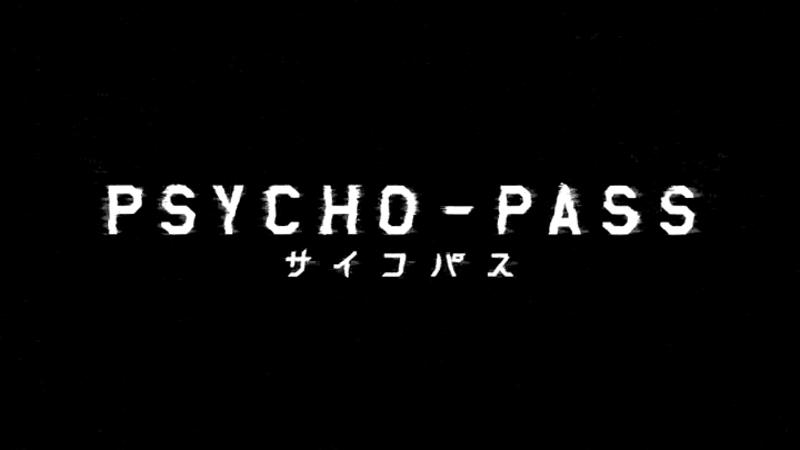02.02
Psycho-Pass is one of those unapologetically brutal shows that hits the ground running and continually pummels you with depressing truths, and yet for some reason you welcome each and every blow.

Of the new anime that premiered last season, Psycho-Pass’ blatant grittiness was definitely enough to warrant at least some attention in an age where most anime rely on the whole concept of moe. Even the series’ chief director made a point in an interview that the m-word mustn’t even be spoken among staff. Though such a push towards the gritty made people wonder what the deal was with having the show be told through the eyes of female lead Akane, whose design alone screamed moe. It would be one thing to use Akane’s character to completely turn the moe archetype on its head, but even through the series “second season” (for sake of simplicity, I’ll just call the episodes where the opening theme is changed as “season 2”) her character just seems to be there for the sake of having at least one thing to offset all the violence and mental mindgames the series goes through on a regular basis.
Drama outside the show aside, Psycho-Pass is still a breath of fresh air from what current mainstream anime has become. Its premise is essentially that of Minority Report, with the Psycho-Pass serving as an indicator of individuals’ mental states, personalities, and probabilities of committing crimes (thanks, Wikipedia!). Those with high Psycho-Pass readings are imprisoned, and (if you’re lucky) could still be given a job as an Enforcer, limited to movement solely within the Public Safety Bureau working under Inspectors. It’s one of those shows that slowly introduces you to its world and excessive terminologies episode by episode, but while watching you never feel overwhelmed by anything, with any confusion you may have spurring you on rather than deterring you.
That’s not to say that the series is too busy introducing you to its world that it doesn’t bother with any plot. On the contrary, you follow rookie Inspector Akane as she takes on cases involving “latent criminals” along with vet Inspector Gino and their ragtag team of Enforcer misfits. And if you know my taste in shows, you’ll know that the second I’m able to apply the term “ragtag misfits” to a show, I’ll more than likely be a fan. While most of the Enforcers are given bit duties with exception to the series’ badass Ko, each one has their own quirk that makes them enjoyable to watch. Add to this the fact that they’re technically criminals and you have an interesting dynamic between the Enforcers and Inspectors.
As the first season comes to a close, you get a good feel for characters Akane and Ko in particular. Akane struggles with whether or not the Sybil System is a justified means in apprehending criminals, while Ko uses his latent criminal status to continually push the envelope in terms of what he sees as dishing out justice. It can be watered down to the whole idea of distinguishing between what’s right and what the law says is right, but it deals with such issues in an intriguing manner that keeps me wanting more.